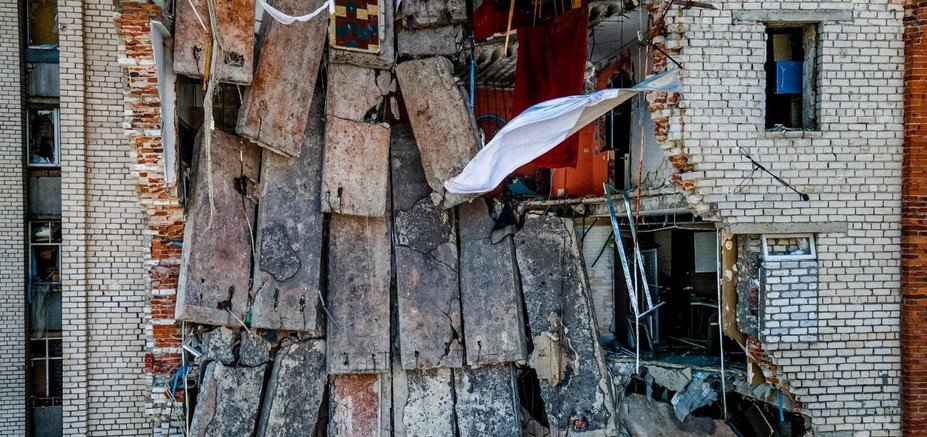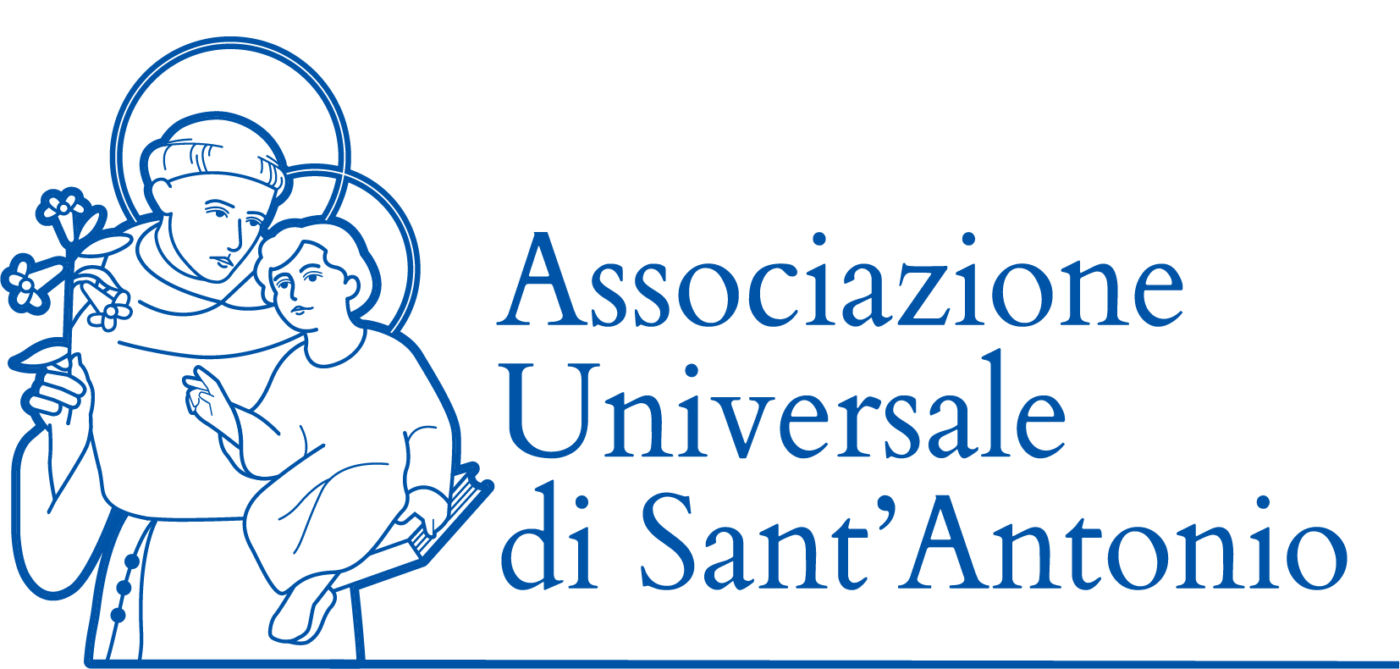By Andrea Tornielli
One year after the aggression against Ukraine perpetrated by the Russian Federation, more than seventeen million people in the attacked country are in need of humanitarian assistance; eight million are refugees abroad; and six million are internally displaced. There are more than twenty thousand civilian casualties, and about one hundred thousand military casualties on both fronts. In the face of this senseless carnage in the heart of Christian Europe, where soldiers who share the same baptism are fighting each other, a massacre that is leading humanity towards self-destruction by ever faster steps, one cannot help but take up the dramatic question that the Successor of Peter addressed to the international community and to each one of us: “Has everything possible been done to stop the war?” It is difficult to answer “yes” in the face of the apathy and lack of creativity of diplomacy and of international bodies. It is difficult to answer “yes” in the face of the acceleration of the arms race and the single-minded militaristic rhetoric that stigmatizes any doubts about war escalation.
Pope Francis has made countless appeals, crying out, in harmony with his predecessors, his heartfelt “No to war!” It is the same “Never again war!” that Saint Paul VI pleaded in front of the United Nations Assembly on 4 October 1965; it is that “Never again war!” that Saint John Paul II cried out – ill and unfortunately unheard – at the Angelus of 16 March 2003, to avert the wretched invasion of Iraq, the consequences of which are still visible to all after the transformation for many years of that country into the breeding ground of all fundamentalist terrorism.
Pope Francis’ appeal is addressed to “those who have authority over nations to make a concrete commitment to end the conflict, to achieve a cease-fire and to start peace negotiations,” because a victory “built on rubble will never be a true victory!” And the wounds of hatred and resentment that the barbarity of war has caused will remain for certainly longer than the time needed to rebuild Ukraine.
In the face of all this, the commitment of those who help the victims and welcome the displaced is a concrete sign of hope, pointing the way to fraternity, non-violence, and peace. There is a civil society that marches, prays, works for, and invokes peace – like the one that will walk from Perugia to Assisi tonight. A civil society whose voice deserves more space. There are people, believers and non-believers, who are asking the aggressor, Vladimir Putin, to stop; and asking all governments – beginning with those of the most powerful Countries – to bet on peace and not on the inevitability of a devastating conflict that is destined to increasingly mark the future of Europe and all humanity. Are we doing all we can to stop this war?
VaticanNews


 Italiano
Italiano Français
Français
